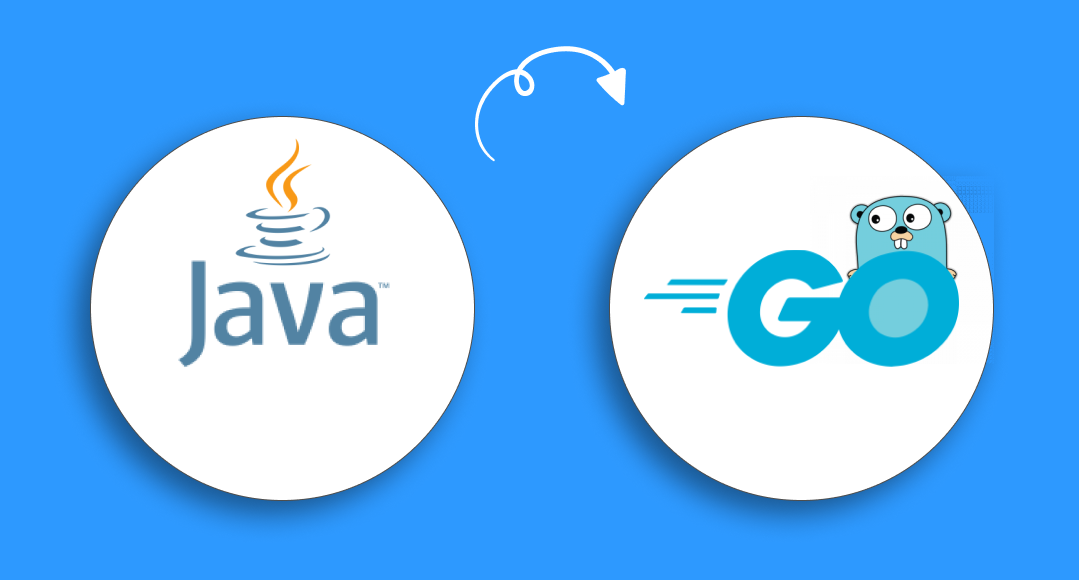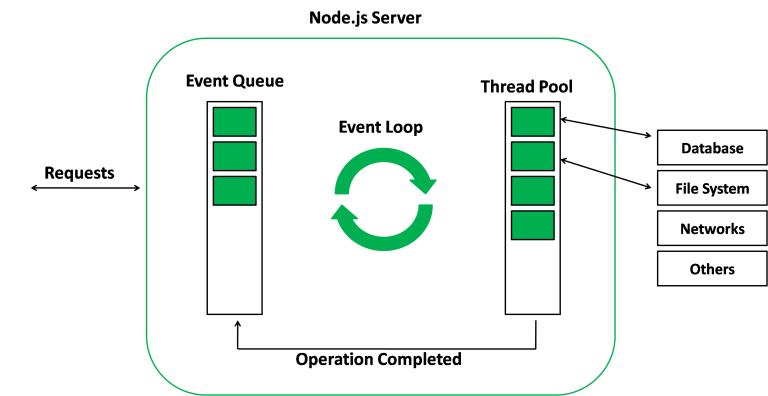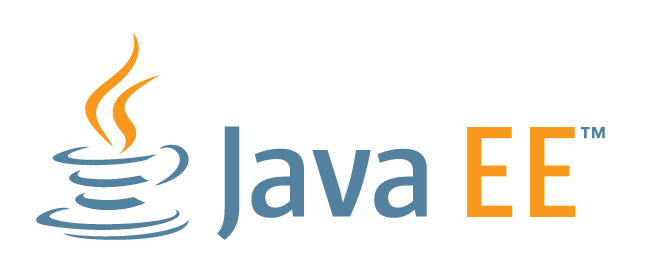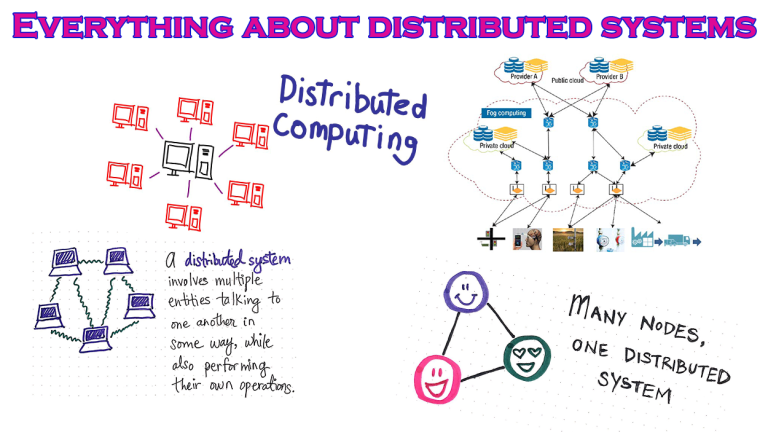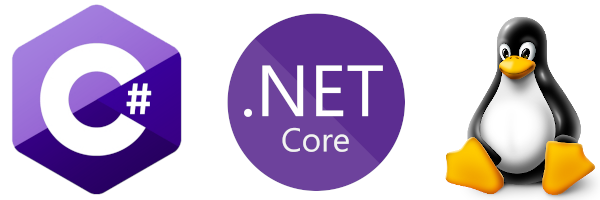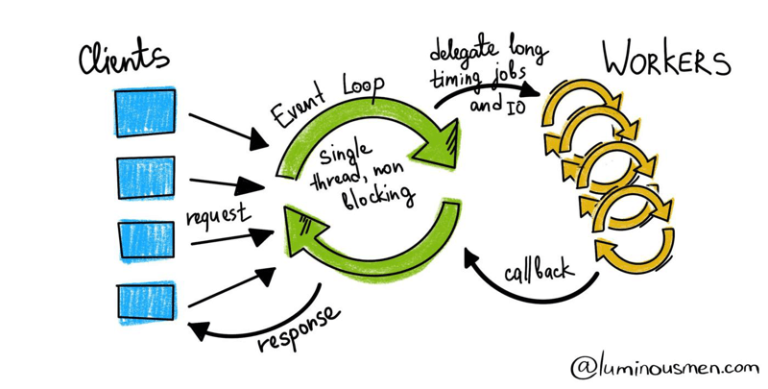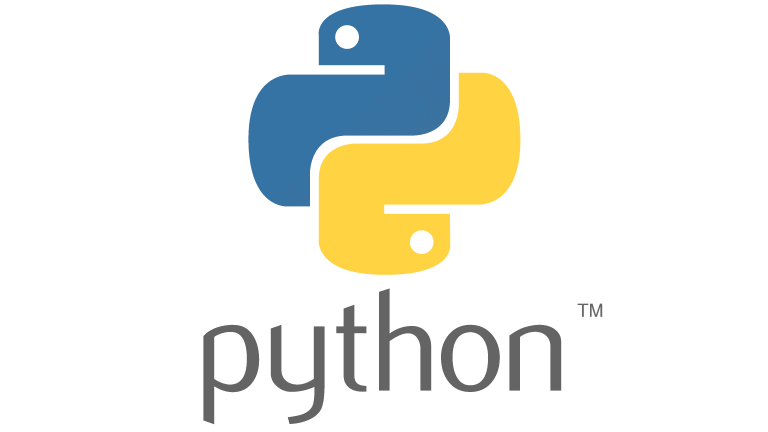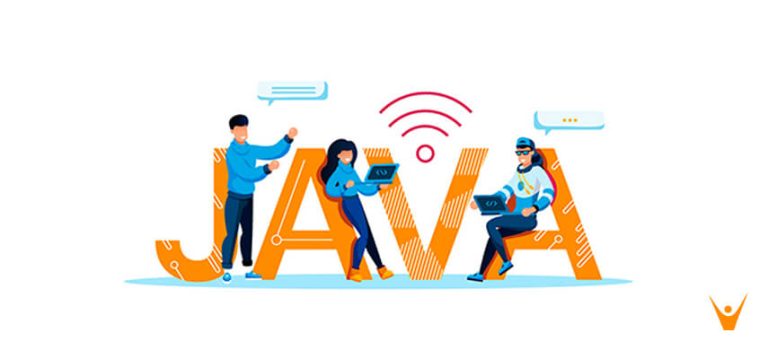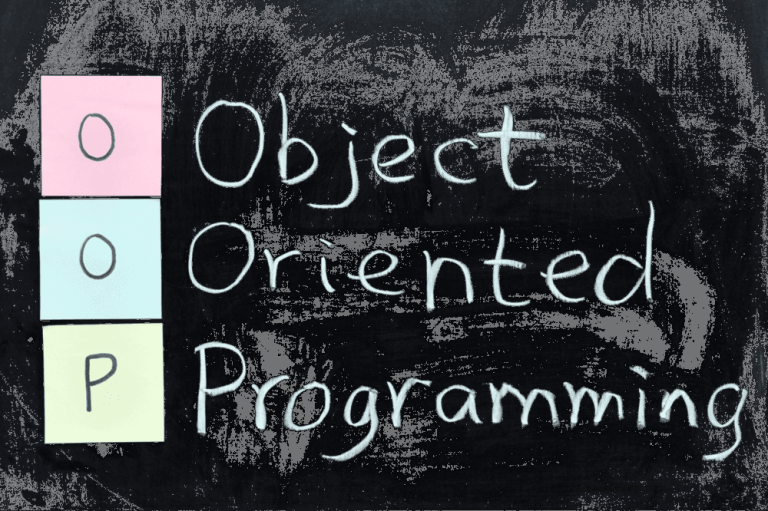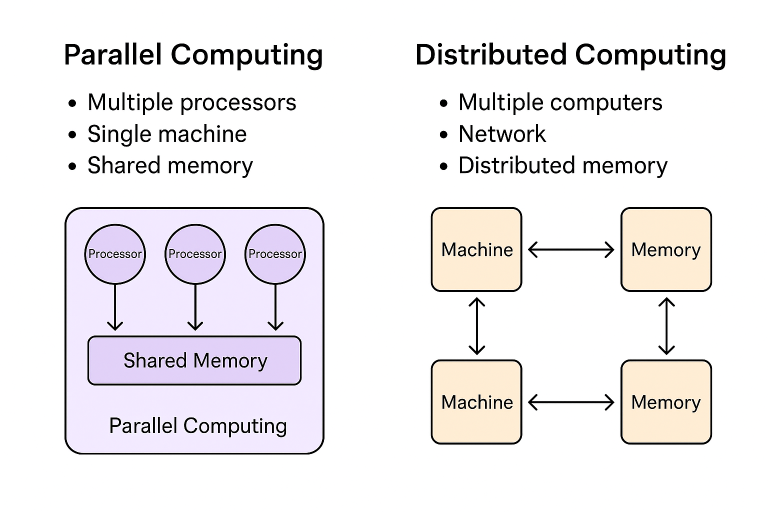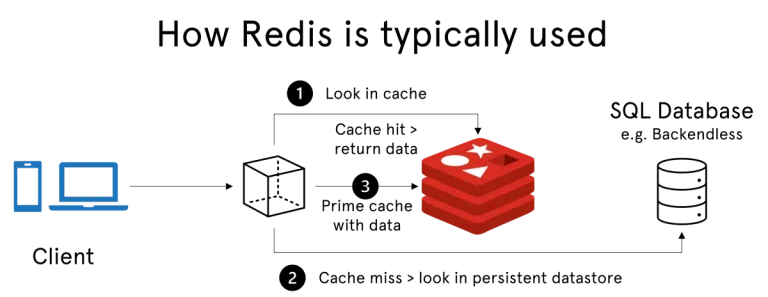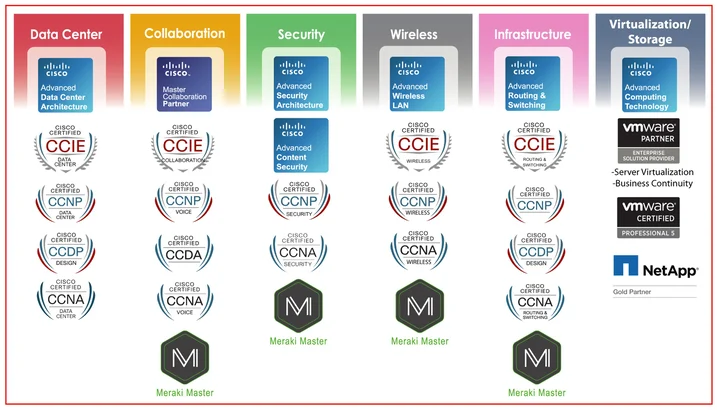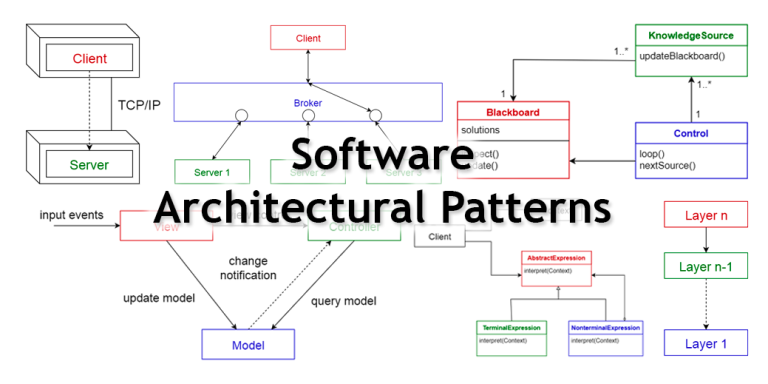There are various frameworks and libraries for C# (.NET Core), Java, and Golang that cater to different types of applications. Here are some popular ones for each programming language:
C# (.NET Core) Frameworks:
ASP.NET Core:
- Web framework for building modern, cloud-based, and internet-connected applications.
- Includes MVC (Model-View-Controller) for web applications.
Entity Framework Core:
- Object-Relational Mapping (ORM) framework for database access.
- Simplifies data access and management.
Xamarin:
- Framework for building cross-platform mobile applications.
- Allows code sharing between iOS, Android, and Windows apps.
SignalR:
- Real-time web functionality framework.
- Enables server-to-client and client-to-server communication.
Java Frameworks:
Spring Boot:
- Simplifies the development of Java applications, particularly web applications.
- Provides a wide range of features for building enterprise-grade applications.
Hibernate:
- ORM framework for Java.
- Simplifies database interactions and provides a higher-level, object-oriented API.
Spring Cloud:
- Framework for building distributed systems.
- Includes tools for configuration management, service discovery, and load balancing.
Apache Struts:
- Web application framework for building Java-based enterprise applications.
- Follows the MVC design pattern.
Golang Frameworks:
Gin:
- Lightweight HTTP web framework for Go.
- Fast and efficient, suitable for building RESTful APIs.
Echo:
- High-performance, minimalist Go web framework.
- Suitable for building web applications and RESTful APIs.
Beego:
- Full-fledged MVC framework for Go.
- Includes an ORM, session management, and other features.
Buffalo:
- Web development eco-system for Go.
- Incorporates various components for building modern web applications.
These frameworks are widely used and well-supported within their respective ecosystems. The choice of framework depends on the specific requirements of your project, such as the type of application (web, mobile, or distributed system), scalability needs, and personal or team preferences. Always refer to the official documentation and community support when choosing a framework for your development needs.

